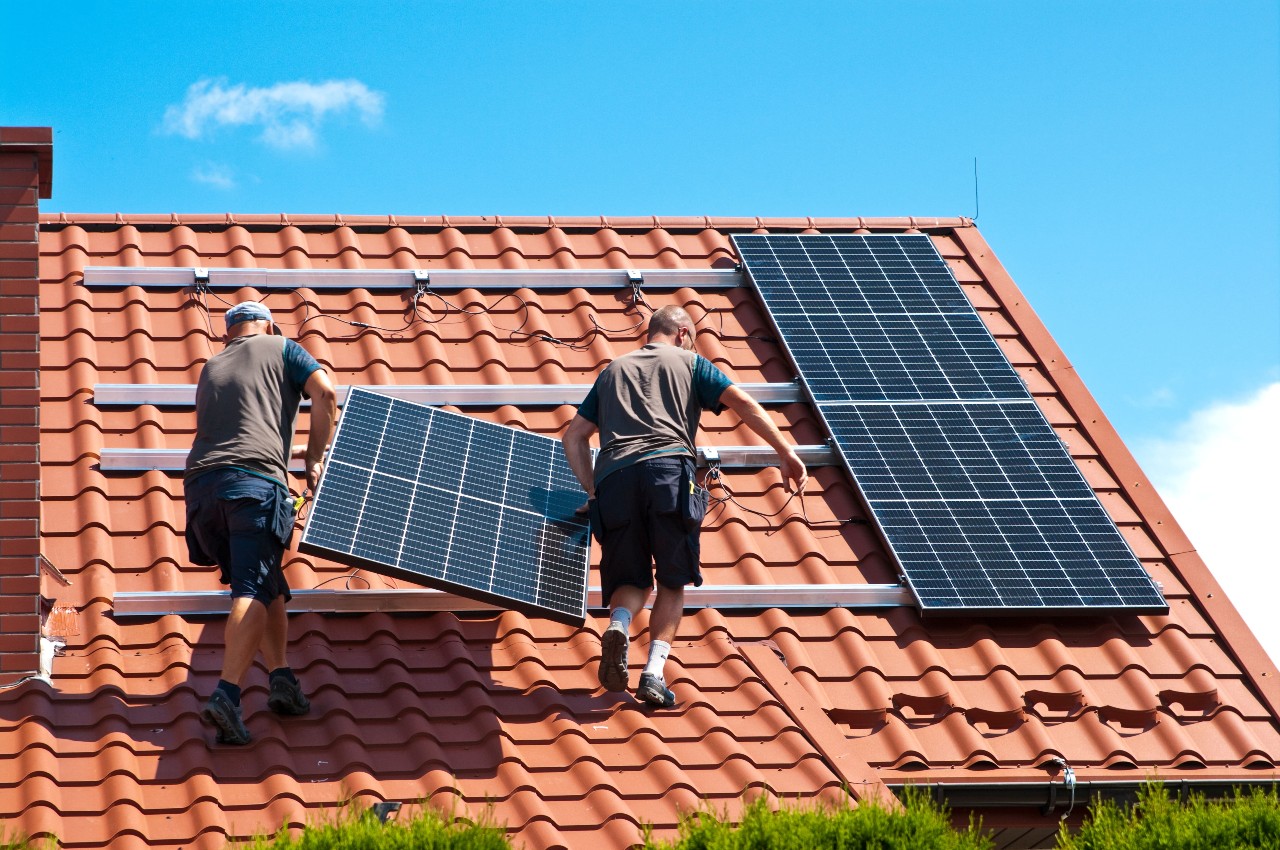Estimated Energy Costs for Everyday Tasks, Revealed
Leaving your TV on standby can add £7 onto your annual electricity bill and watching all of the latest series of Strictly can work out costing £1.02 in electricity – according to research from the experts at Geo Green Power.
This is just a couple of the findings from the company’s guide to cutting winter energy bills. But, alongside this, the firm has found that our consumption of electricity typically shoots up because of our subsequent use of more devices and tech in our homes and businesses during the shorter days and colder weather.
To give a clearer idea of how our use of electricity can start to add up across the winter months, Geo Green Power worked out the following typical costs we can incur from using common devices, appliances, and features.

These are estimates that are based on the current price of electricity from Ofgem’s October 2023 energy price cap:
Lights
- Using a standard 60W light bulb for an hour costs about 2p
- Lighting a room with a single 60W light bulb for four hours a day for a month can cost around £2.48
Appliances
- Running a typical 1.5kWh dishwasher with a full load can cost around 81p a cycle.
- A standard 1.4kWh washing machine with a full load can cost around 57p for a 90-minute cycle
- If you drink a lot of tea or coffee a day, boiling a kettle a few times a day for a month will cost about 30p
- Running a standard electric heater that uses up to 4.5kWh an hour for a few hours a day for a month will cost upwards of £113
Tech
- Charging a typical smartphone (20W) once a day for a month will cost you about 31p
- According to Sony, ‘Active gaming’ on a PS5 in HD uses 209.8W, which will cost about 6p an hour
- A standard HD TV (100W) costs around 3p to run for an hour – older, less efficient TVs can cost much more
- If you left a 100W TV on standby all year – subsequently using about 3W of electricity an hour – it would add about £7 to your annual electric bill
Entertainment
- Watching the entire series of ‘Strictly Come Dancing’ this year on a typical 100W HD TV would cost about £1.02 in electricity
- Binge watching all the Marvel movies and series you can get on Disney+ on the same type of TV will use about £3.16 of electricity
- Playing the full campaign to 100% on the latest Spider-Man 2 game, in HD on an ‘active gaming’ PS5, could end up using around £1.59 in electricity – plus the possible 76p to run a standard HD TV
- If you watched 40+ winter Premier League matches on Sky (including extra time, some analysis and the halftime adverts), that’ll be about £2.61 in electricity
- If you watched all 128 Premier League matches on Sky this season (also including extra time, some analysis and the halftime adverts), on a standard HD TV, it’ll be roughly £8.35 in electricity
Speaking about these findings and why Geo Green Power has done this research and put together this advice, James Cunningham, the Managing Director commented:
“Our gas, electric and water bills can be a significant expense for many UK homes and businesses, particularly during the colder, darker winter months where our usage increases. However, there are steps you can take that can help bring your costs on these key utilities down – some of which can even benefit you significantly in the long run after winter releases us from its icy grip.
“While there isn’t a one-size-fits all means of bringing your electricity costs down, what you can do is take lots of different approaches and make some lifestyle changes that can help cut your winter electricity bills in lots of smaller ways. These include lifestyle changes to reduce consumption, as well as being on the right energy tariff at the right time, and considering solar panels and solar battery storage.
”By using such approaches, you can shave off valuable pounds and pence that can definitely help alleviate some of the financial pressures we can feel during winter.”
A few of the lifestyle changes we can make that Mr Cunningham is referring to include:
1. Switching appliances off at the wall when not in use, as if they have a standby mode they’ll still be using electricity – simply turning off a standard TV and set-top box can save around 68p over three months
2. Running or switching your devices and appliances to ‘eco’ or ‘energy-saving’ modes if they have them – for example some Bosch washing machines’ ‘Eco’ settings can be up to £35 cheaper to run each quarter
3. Waiting for the sales and invest in newer, more efficient appliances
4. Turning all lights off when you leave a room
5. Replacing standard light bulbs with low energy bulbs – LED bulbs can save you upwards of £5 a year
6. Contacting your energy provider to get a free Smart Meter, as you can use this to monitor and see how much energy you are using in real time.
7. Installing solar panels which can enable you to generate your own energy from the sun during daylight hours. To give a rough average of how much you can save, 10 panels on a household can generate roughly 3,500kWh a year – which could save you upwards of £1,000 a year on bills and saves one tonne of CO2 a year



















